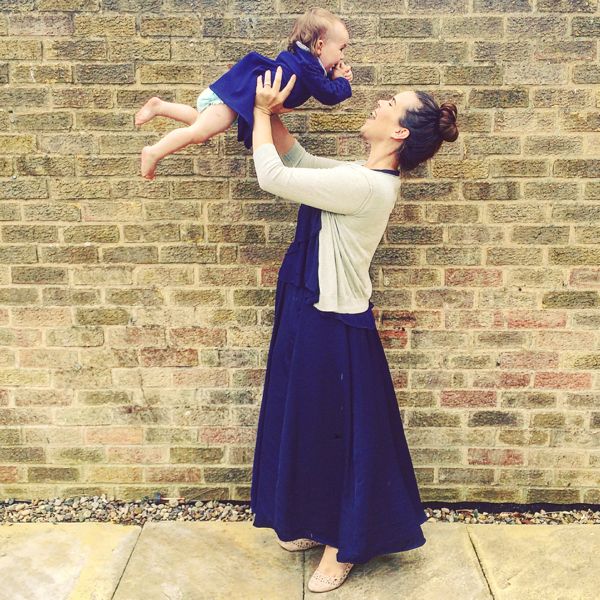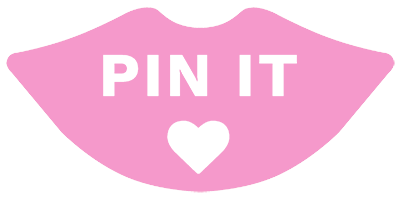In Chinese culture, Zuo Yuo Zi (or Confinement) is a cherished postpartum tradition that ensures new mothers heal properly—body, mind, and soul—while being cared for in the most tender way possible. These carers are called pui yuet (in Cantonese) and yue sao (in Mandarin).
For centuries, Chinese families have honored Zuo Yue Zi (translated as “sitting the month”), a postpartum practice rooted in the principle that a mother’s well-being in the first 30 to 100 days after birth determines her health for years to come. This period of childbirth recovery is also known as Confinement to the English-speaking Chinese. Confinement is a deeply nurturing, protective, and holistic way of caring for new mothers.
What Exactly Is A Pui Yuet or Yue Sao?
A pui yuet or yue sao is usually a female elder who takes on the responsibility to guide new mothers through the postpartum Confinement practice and help her follow special guidelines to restore her strength.
This term is usually reserved for hired support. If it’s a family member or friend performing the role of a pui yuet or yue sao, we do not call them a pui yuet or yue sao.
In English-speaking Asian communities, the pui yuet or yue sao are also called Confinement nannies.
Briefly, the Confinement practice includes:
- Plenty of Rest: New moms are encouraged to stay indoors, limit strenuous activities, and avoid unnecessary stress.
- Warm, Healing Foods: Specially prepared meals like ginger soup and chicken broth support postpartum healing and boost milk production.
- Extra Hands-on Help: A Confinement nanny (the pui yuet or yue sao) is often hired to care for the baby, cook meals, and assist with light house chores.
While that may sound rigid to some, many mothers who follow Confinement say it makes their transition into motherhood gentler, less overwhelming, and deeply restorative.
The Confinement Nanny: A Guardian Angel for New Mothers
A Confinement nanny (the pui yuet or yue sao) is a lifeline during the early postpartum weeks. These experienced caregivers provide invaluable support to new moms by taking care of the baby’s health, the mother’s well-being, and light household tasks. They also teach mothers and fathers how to care for their newborn and help mothers with breastfeeding.
What Does a Confinement Nanny Do?
A Confinement nanny offers a mix of newborn care, emotional support, and traditional Chinese postpartum care, including:
- Night Nanny Services – Newborns wake frequently, and sleep deprivation is tough on new moms. Confinement nannies ensure both baby and mother get much-needed rest.
- Cooking Nourishing Foods – Traditional Chinese herbs and meals are carefully prepared to replenish the mother’s energy, promote milk production, and aid recovery.
- Helping with House Chores – Laundry and some light cleaning — so the new mom doesn’t have to lift a finger.
- Postnatal Care Guidance – Advice on breastfeeding, postpartum recovery, and baby care based on time-tested practices.
In Hong Kong and many other East Asian countries, hiring a Confinement nanny is incredibly common, and many Confinement nannies are knowledgeable in infant care, maternal well-being, and basic traditional Chinese herbs.
The Financial Side of Hiring a Confinement Nanny: Cost, Working Hours, and Expectations
While confinement services provide invaluable support, hiring a Confinement nanny is a significant financial investment. The cost varies based on location, experience, and the level of service required.
Base Salary and Additional Costs
In Hong Kong, Confinement nanny services range anywhere from HKD 20,000 to HKD 40,000 for a full 30-day confinement period. According to Parachute for Parents (March 2024), salaries for Pui Yuet nannies in Hong Kong range from HKD 18,000 to HKD 38,000 per month for an eight-hour shift and HKD 40,000 to HKD 70,000 per month for live-in services. Real-world figures vary, with one user on Reddit (October 2024) reporting a payment of HKD 25,000 for a nanny working daily from 9 AM to 6 PM during a one-month confinement period.
In the West, Confinement nannies can cost around GBP 5,000 or more for a full 30-day service (in the UK). In USA, some families pay up to USD 10,000 or more. The price point varies depending on the requested services.
Factors that affect pricing include:
- Experience and Skill – Highly experienced Confinement nannies or postpartum doulas often charge higher fees.
- Working Hours – Full-time, live-in Confinement nannies cost more than those who provide part-time Confinement services.
- Additional Tasks – Some Confinement nannies go beyond infant care and handle household chores, which may increase costs.
Are Confinement Services Worth It?
For many families, hiring a Confinement nanny is about ensuring the best possible recovery for the mother and baby. Given the extensive postnatal care, emotional support, and newborn care that they provide, many parents find the cost justifiable.
There’s also a heavy cultural expectation that postpartum care is of utmost importance for both the mother and then newborn.
For families who cannot afford a full-time Confinement nanny, part-time Confinement services or assistance from other family members may bridge the gap while still honoring the traditions of Chinese postpartum Confinement.
Comparing Confinemet Care to Western Postpartum Care: Key Differences
The Confinement practice is rooted in Chinese culture and traditional Chinese medicine, and prioritizes structured postpartum recovery. But how does it compare to Western culture when it comes to postpartum care?
1. Rest vs. “Bouncing Back”
In Chinese postpartum Confinement, the new mother is encouraged to rest as much as possible for the first 30 days and gradually return to her usual activities. In contrast, Western culture often promotes the idea of “bouncing back” quickly after giving birth—returning to normal activities, exercise, and even work within just a few weeks. However, this is more predominant in the USA given the lack of maternal- and paternal-friendly policies.
While both approaches have their merits, a structured postpartum recovery—like the Confinement practice— provides new mothers with a holistic program that sets a foundation for the rest of their postpartum journey.
2. Diet and Nutrition
- The Confinement practice emphasizes nourishing foods that are warm and easily digestible, such as soups, stews, and herbal teas. Cold foods are strictly avoided to prevent the body from losing vital warmth.
- In contrast, Western postpartum care does not have strict dietary restrictions. Many new mothers receive the typical recommendation to eat a balanced diet that includes protein, fiber, and hydration.
3. Family and Professional Support
- In Chinese culture, postpartum Confinement is accepted as a necessity for childbirth recovery. Families are often supported by family members or a Confinement lady who provides invaluable support through cooking, infant care, and household chores.
- In Western culture, professional postpartum support is seen as a luxury, not a necessity. New parents usually hire postpartum doulas or newborn care specialists, or get help from family and friends.
Modern Adaptations: Confinement Care in Today’s World
While traditional practices are still valued, many modern mothers are adapting the Confinement practice to fit their lifestyles.
- Flexible Confinement Nannies: Instead of a full-time live-in nanny, some families opt for part-time Confinement services.
- Balanced Dietary Approaches: Some mothers blend Chinese Confinement meals with Western nutrition for more food variety.
- Incorporating Self-Care: Massage therapy, yoga, and emotional well-being practices are now integrated into postpartum care.
The Takeaway: Every Mother Deserves Gentle, Thoughtful Care
In a world that celebrates pregnancy but often overlooks postpartum recovery, the Confinement practice is a reminder that mothers deserve care too. Whether you choose to follow traditional Confinement practices or adapt them to your lifestyle, one thing is clear:
- Rest is important.
- Support is necessary.
- You deserve to heal.
If you’re a new mother—or soon-to-be one—give yourself permission to slow down, accept help, and embrace a postpartum experience that truly nurtures you. Because when mothers heal, families thrive.




